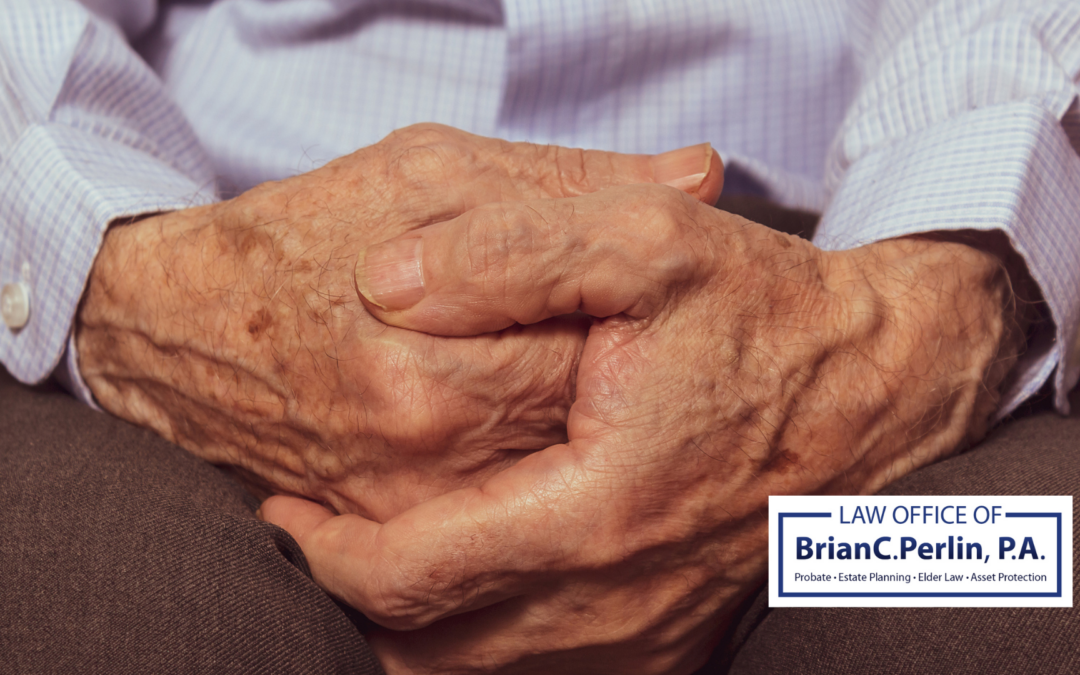Have you heard that, this year, World Elder Abuse Awareness Day (WEADD) falls on June 15th? WEAAD was launched by the International Network for the Prevention of Elder Abuse and the World Health Organization at the United Nations. It’s purpose is to promote a better understanding of abuse and neglect of older persons by raising awareness of the cultural, social, economic and demographic processes affecting elder abuse and neglect. In recognition of, WEADD let us discuss three ways to advocate for elders at risk this month.
- Help Prevent Seniors From Becoming Isolated. As people age, they tend to become less connected to the community, which makes them more susceptible to elder abuse, which occurs in many forms, including: neglect, physical abuse, sexual abuse, financial abuse and exploitation, and emotional or psychological abuse. Abusers also come in many forms, including family members, caretakers and even strangers. Risk increases if the elder has dementia or is in poor physical health. If you have an elderly family member, friend or neighbor, make it a point to visit regularly. By developing a trusting relationship, you may create a safe space. If he or she is experiencing abuse, having regular conversations can help develop an open line of communication in which you can make him or her aware of the potential of abuse and be a person to help if ever he or she is in need of assistance.
- Protect Your Community From Scams. Financial scams against the elderly can be all too common. These range from high pressure sales tactics, too high fees, and even elders turning their banking and other financial information over to others. If you know seniors, make sure they sign up for the Do Not Call Registry, shred their personal documents, and inform them that if something does not feel right, it is probably best to say no. Caregivers should also be carefully screened, as they will have access to an elder’s financial documents.
- Spread the Word on How to Report Elder Abuse. Elder abuse is often under identified and under reported. This may be both because elder abuse is often not seen, due to the elder’s isolation, and people’s hesitancy to get involved. If you suspect that an elder is being abused, you can report it to your local adult protective services agency, long-term care ombudsman, or a law enforcement agency, who can investigate further and get the elder the necessary services. Be sure to spread the word to your friends and family on how to report elder abuse.
By following these tips, we can all do our part to make our community a safer place for our elders. For more elder support and access to resources, our office is here to help. Please reach out to us today to schedule an appointment.
